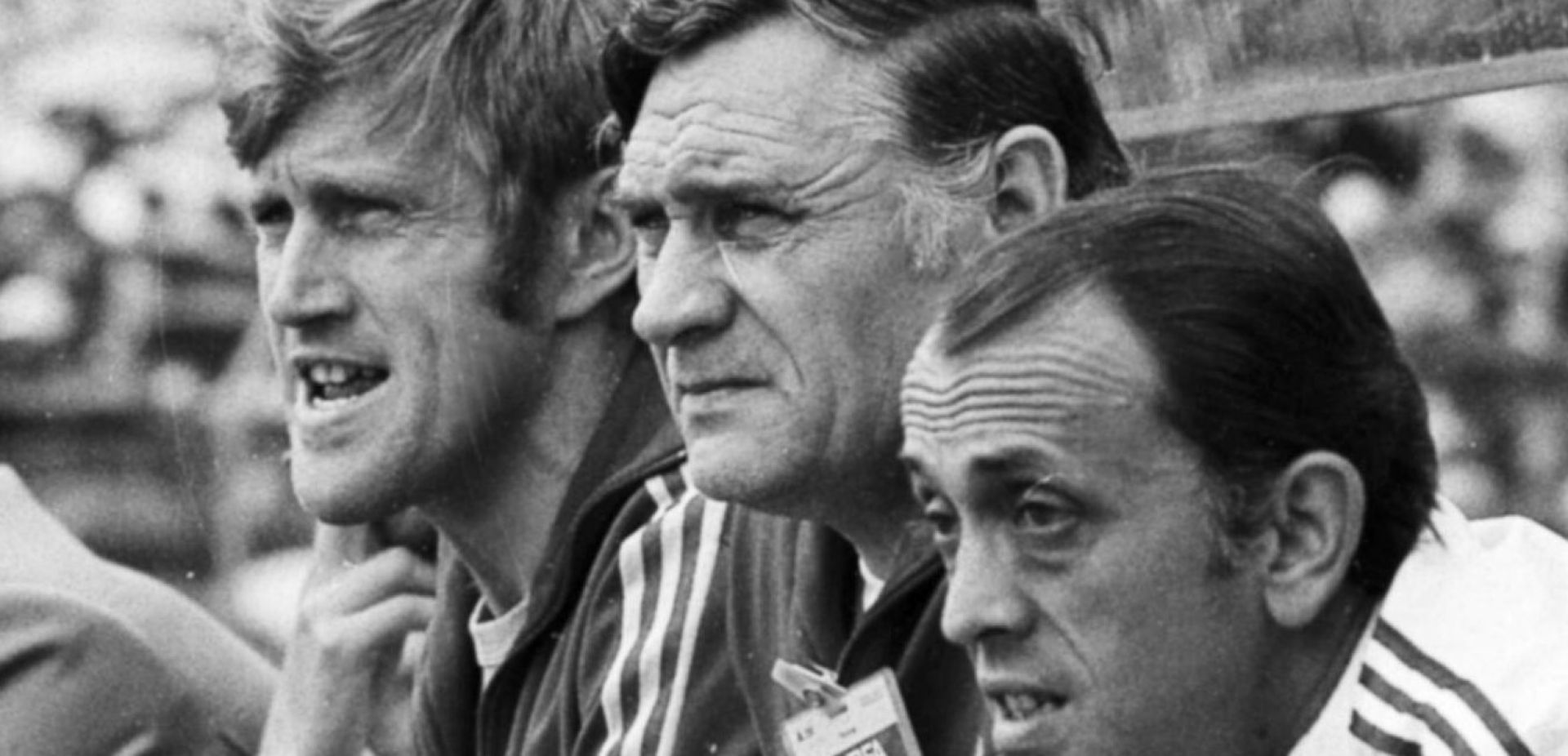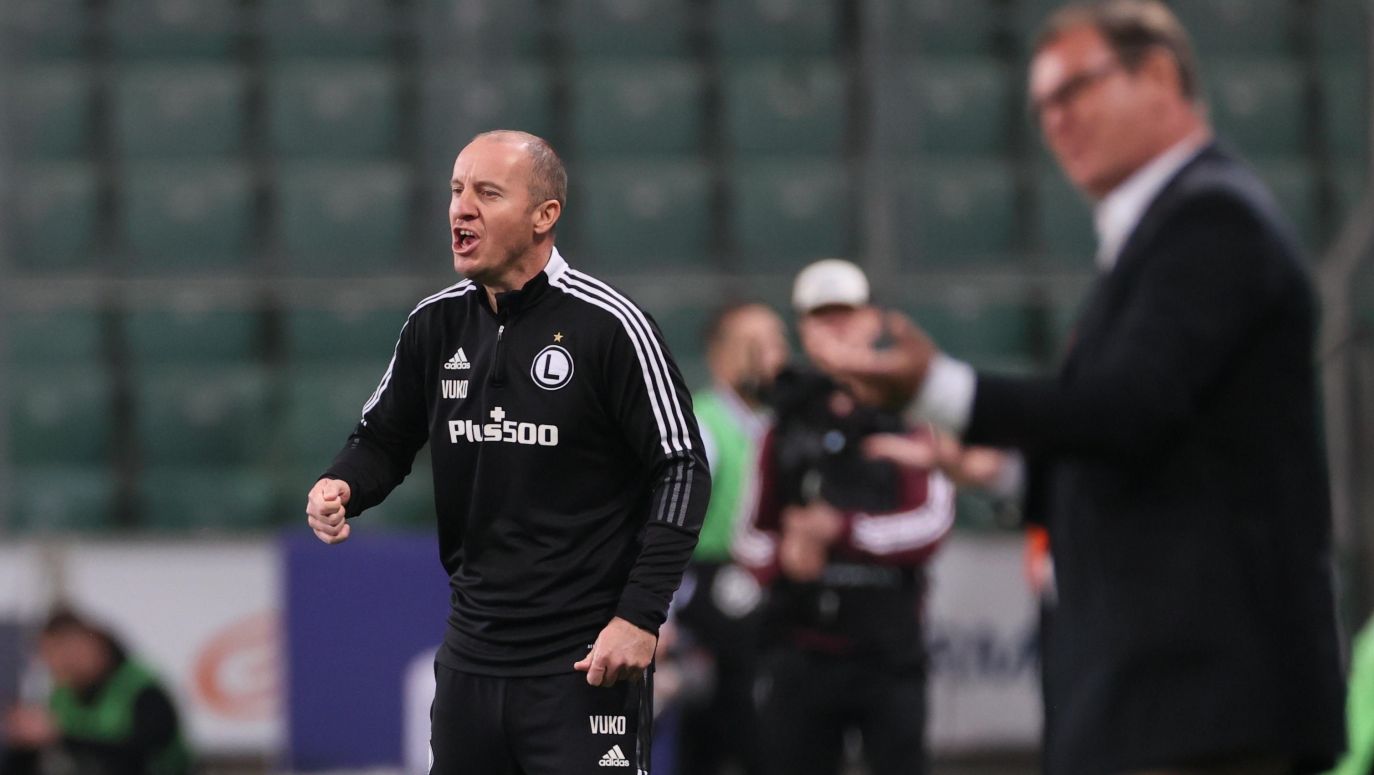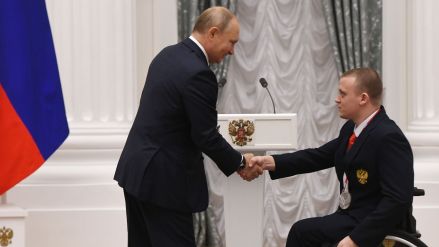Names such as Zygmunt Zabierzowski, Zygmunt Szelest, Jerzy Hausleber, Włodzimierz Puzio, Antoni Morończyk, Sławomir Zieleniewski and Tadeusz Kępka can of course be found on the internet. But to the modern public they will remain as anonymous as they were during the Wundeream period.
Such a profession
The work of a coach can be thankless, even when his achievements are evident and his influence on the successes of his players proven over the years and the number of alumni at the highest sporting level. Czesław Cybulski is such a case.
Cybulski is a hammer throw coach. Two generations of champions have come from under his hand. Starting with Zdzisław Kwaśny, world vice-champion in 1983, and continuing through the whole spectrum of Polish sports stars in the 21st century.
Szymon Ziolkowski, Kamila Skolimowska, Anita Włodarczyk, Paweł Fajdek are the most prominent figures associated with coach Cybulski from the beginning of their careers. It was he who discovered their talents, formed them in sports and led them for years.
But at different times they all parted with him, looking for and finding new coaches. And then another new one. Cybulski is said to be conflicted. Perhaps, whatever that means. But if it wasn't for him, they probably wouldn't be who they have become.
Successive coaches, after all, did not work with them from scratch. And they did not start their careers, but continued them. Changes brought different results, but Cybulski's successors built on the foundations of his work. It is impossible to erase this coach from their sporting biographies.
And it is also impossible to find in this narrow circle any positive feedback towards Czesław Cybulski. Not even human gratitude, but at least approval of his role. Unfortunately, the opposite is true. Why? Because that is how this profession looks like.
There are two options: either get over it or change profession. Most coaches choose the former. They fight for their cause just like the athletes. Only that the sportsmen do it on stage, and they do it behind the scenes. And they don't get a lot of applause for it.
– Marek Jóźwik
TVP WEEKLY. Editorial team and jornalists
– Translated by Tomasz Krzyżanowski







